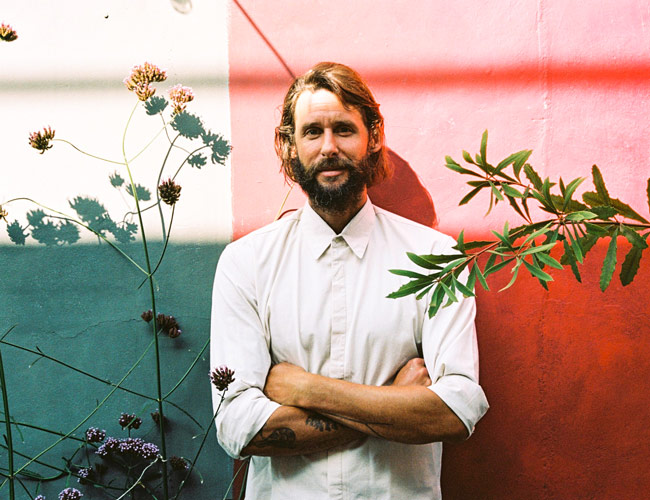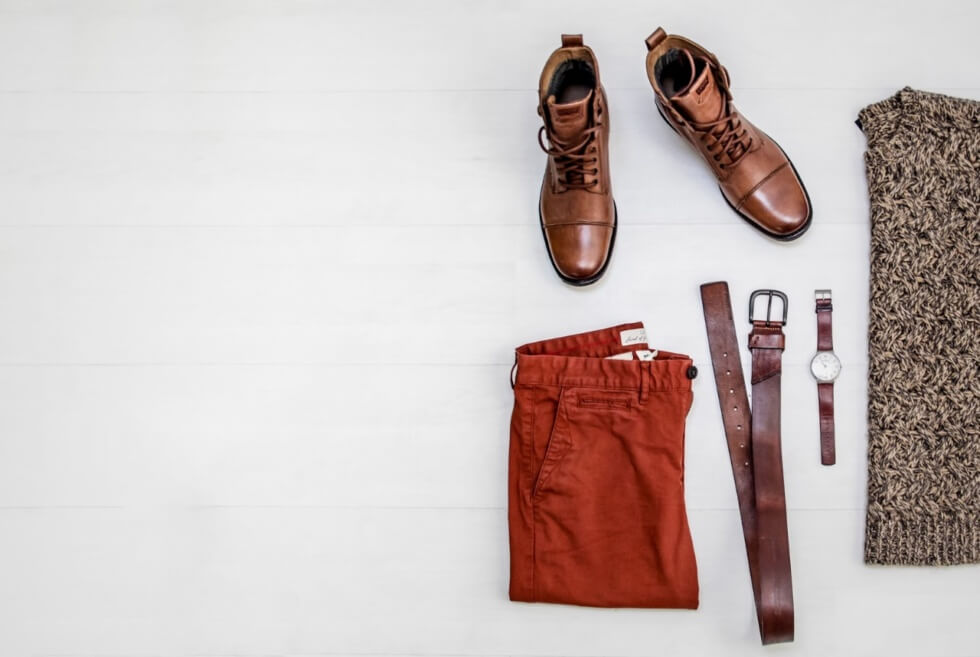For much of the clothing industry, the relentless focus on profit has precipitated the employment of cheap labor in countries like China, Bangladesh, Vietnam and El Salvador, among others. Much of the time, their focus in on quantity over quality and labor conditions are less than ideal. Déborah Neuberg witnessed this firsthand and founded De Bonne Facture in 2013 as a reaction to what she saw. The French brand produces a range of understated men’s wardrobe essentials with a focus on quality construction, timeless designs and ethical manufacturing — the garments are made by artisans in France and feature top-quality fabrics from around the world. To learn more about the brand’s ethos, we talked with Neuberg about balance in design, her favorite raincoat and more.
Q:
What inspired you to start De Bonne Facture?
A:
After a first experience in product development at Hermès in the women’s silk accessories department, I moved to China to work for a big French retail chain of women’s underwear that had production in China. The production reality I saw there, and the way the system worked, asked me deep questions on the way I wanted to inscribe myself in the industry, as I always have been passionate about clothing and fashion, but always with a special sensitivity to craftsmanship and making. I quit that job and moved back to France. I wanted to start my own thing, and gradually I decided to start a line of very simple and high-quality menswear made by specialist local makers in France, with the idea of cobranding with them.
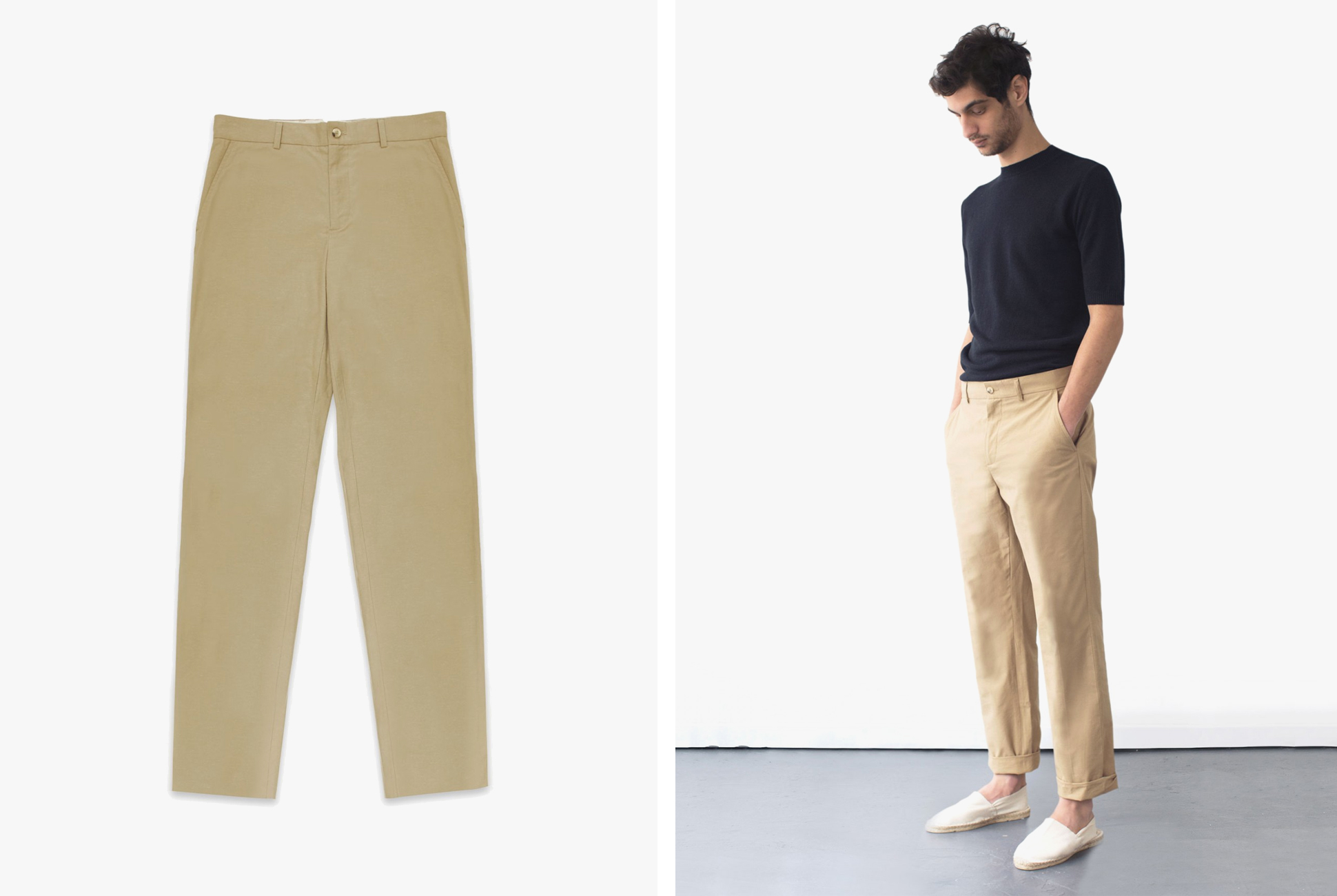
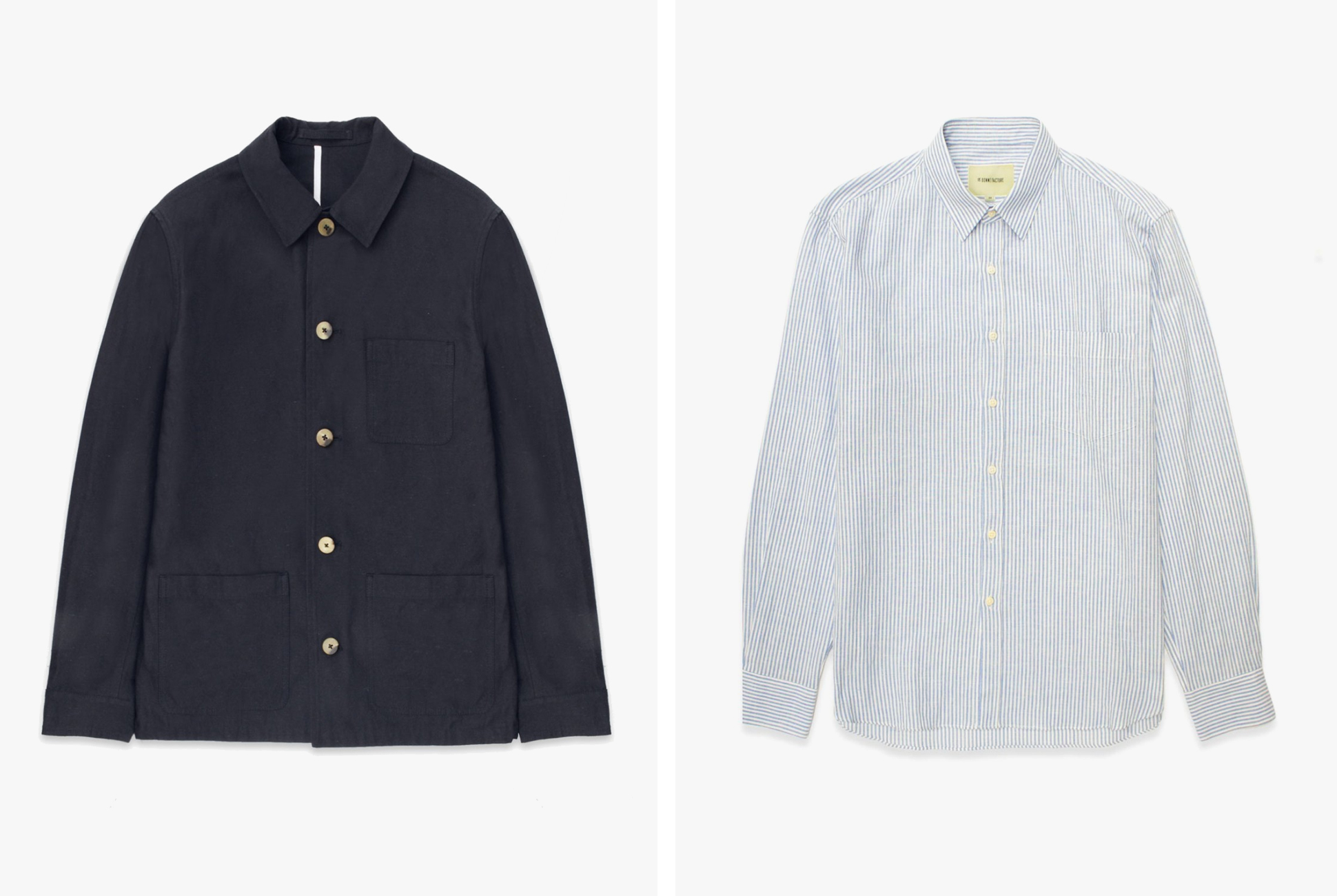
Q:
Was this a reaction to your previous work in fashion, or did it build upon what you learned?
A:
It is a mix of my deepest convictions and the way they were challenged by my experiences in the industry.
Q:
What is most important to you about the garments you create?
A:
Durability. Style-wise as well as quality-wise, they need to be the kind of garment you will keep in your closet and wear for many years. They also need to have a here and now element to them, to be a good choice to add to the person’s closet within the season they will be available in. It’s a difficult balance to achieve! Also, the way they are made is very important to me. The choice of material, of trimmings, of finishings, the choice of the maker. They need to nourish a virtuous circle as best we can, in the resources they use, the people who work on various parts of the supply chain, the type of craftsmanship they keep going.
Q:
What is difficult about designing each season?
A:
Balancing many parameters: creative energy, spontaneity, rationalizing, budget, production constraints, delays, different types of clients we are addressing, price points…
Q:
Do you have any favorite pieces from the current season?
A:
I like the oversized Grandad raincoat in Japanese typewriter cotton canvas. I also like the undyed Pima cotton knits and the cream slubbed Japanese cotton work suits.
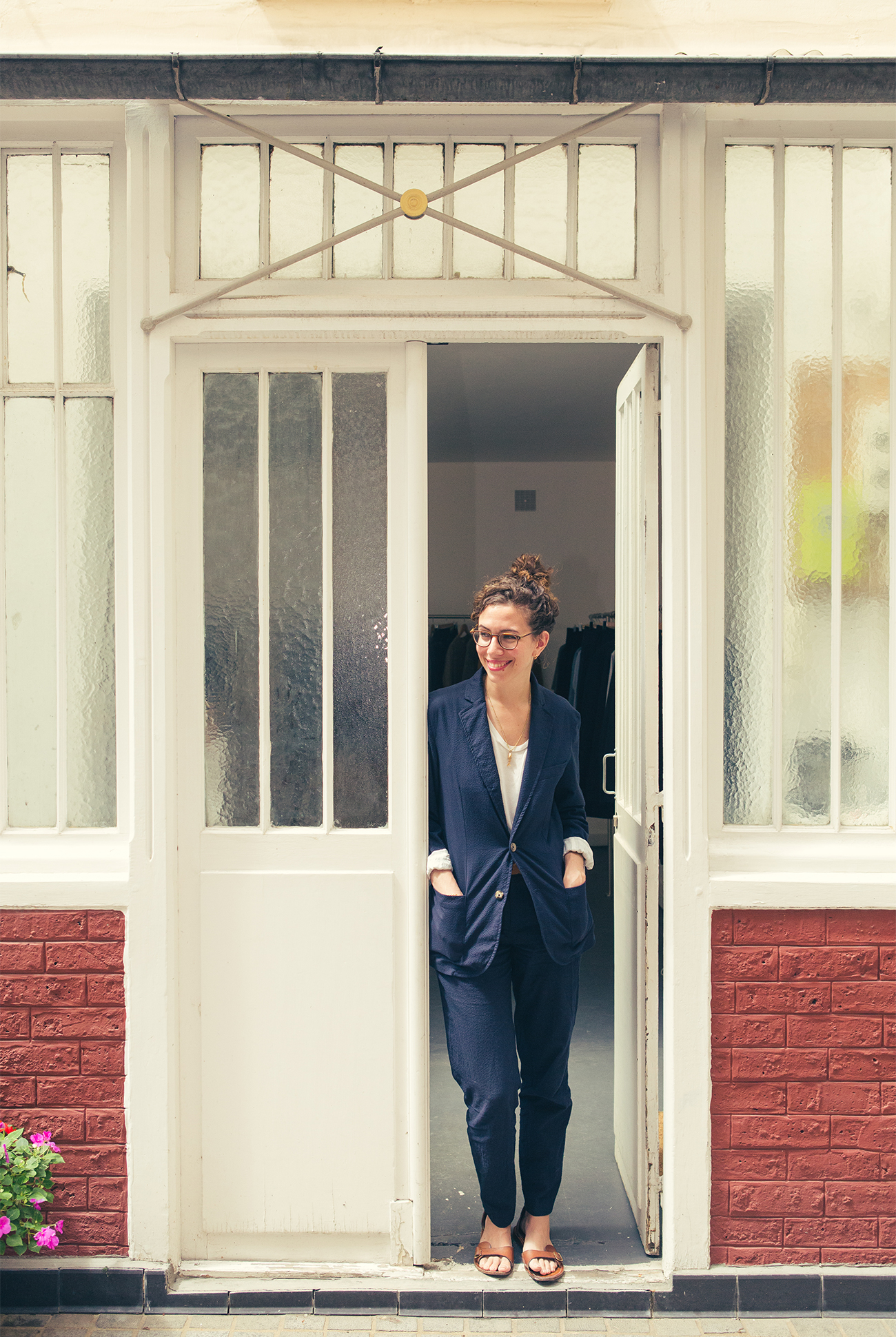
Q:
Are there any other brands in the space that you’re excited about?
A:
I like S.E.H Kelly. They inspired me a lot because I didn’t have any other examples or role models when I wanted to start with my concept, and showing that someone else was doing something along the same ethical guidelines was a huge help. I also love Margaret Howell. Both are menswear lines designed by women which is a huge inspiration to me.
Q:
What does the future have in store for you?
A:
I am hosting an event next week with Maiden’s Shop, a great retailer in Tokyo. We made exclusive shirts for them in vintage French bedlinen from the late 19th century. Other than that, I’d like to show more women wearing the DBF wardrobe. And I’m also thinking about working with interesting craftsmanships outside of France, especially in Tunisia where my mother is from.
Respected explorer and environmentalist David de Rothschild founded lifestyle brand the Lost Explorer in 2015 with a range of products inspired by nature. As the brand launches a new line of wellness products, Rothschild shares his thoughts on sustainability, wellness and changing culture. Read the Story


